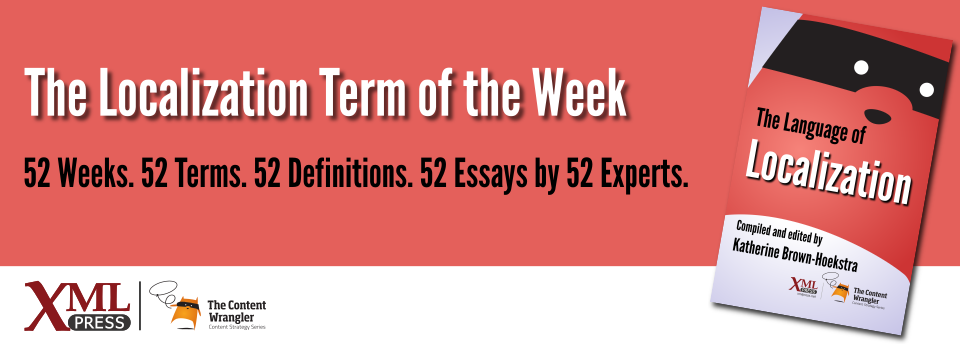What is it?
Someone who has naturally used a language from an early age as a primary means of concept formation and communication rather than acquiring the language later in life.
Why is it important?
Being a native speaker implies a high level of fluency in a specific language, and native speakers are often chosen to translate texts into that language based on this assumption.
Why does a technical communicator need to know this?
Speaking like a native of any language means more than just knowing vocabulary and grammar. Signs of a native speaker include instantly understanding what slang means, what cultural references mean, and how to reduce syntax to a bare minimum, while still conveying precise meaning. Native speakers do not, however, always speak according to the rules of their standard national languages. They display regional, occupational, generational, and social class-related ways of talking.
Most native speakers have a vocabulary of at least 30,000 to 40,000 words in their internalized language and are often assumed to have a certain level of fluency, given the ability to recognize context as well as meaning[Davies 2006]. Therefore, such native speakers frequently are used to translate into their native language. However, one can argue that they might not be the best person to translate that text, as not all native speakers are proficient in their native languages. Often, those who have received an education in a second language are more likely to be proficient in its formal grammar and structures.
The increase in multilingual speakers and the spread of languages across borders, combined with digital globalization, has blurred the definition of what exactly it means to be a native speaker[First Language][Pillar 2001][Saniei 2011].
References
- [Davies 2006] Davies, Alan and Catherine Elder (eds) (2006). "Defining a Native Speaker." Handbook of Applied Linguistics, New York: Blackwell.
- [First Language] First Language: Wikipedia. Article describes how we acquire our first language.
- [Pillar 2001] Pillar, Ingrid (2001). Who, if anyone, is a native speaker. Article that talks about what it means to be a native speaker. PDF format.
- [Saniei 2011] Saniei, Andisheh (2011). "Who Is An Ideal Native Speaker?!" 2011 International Conference on Language, Literature, and Linguistics.

